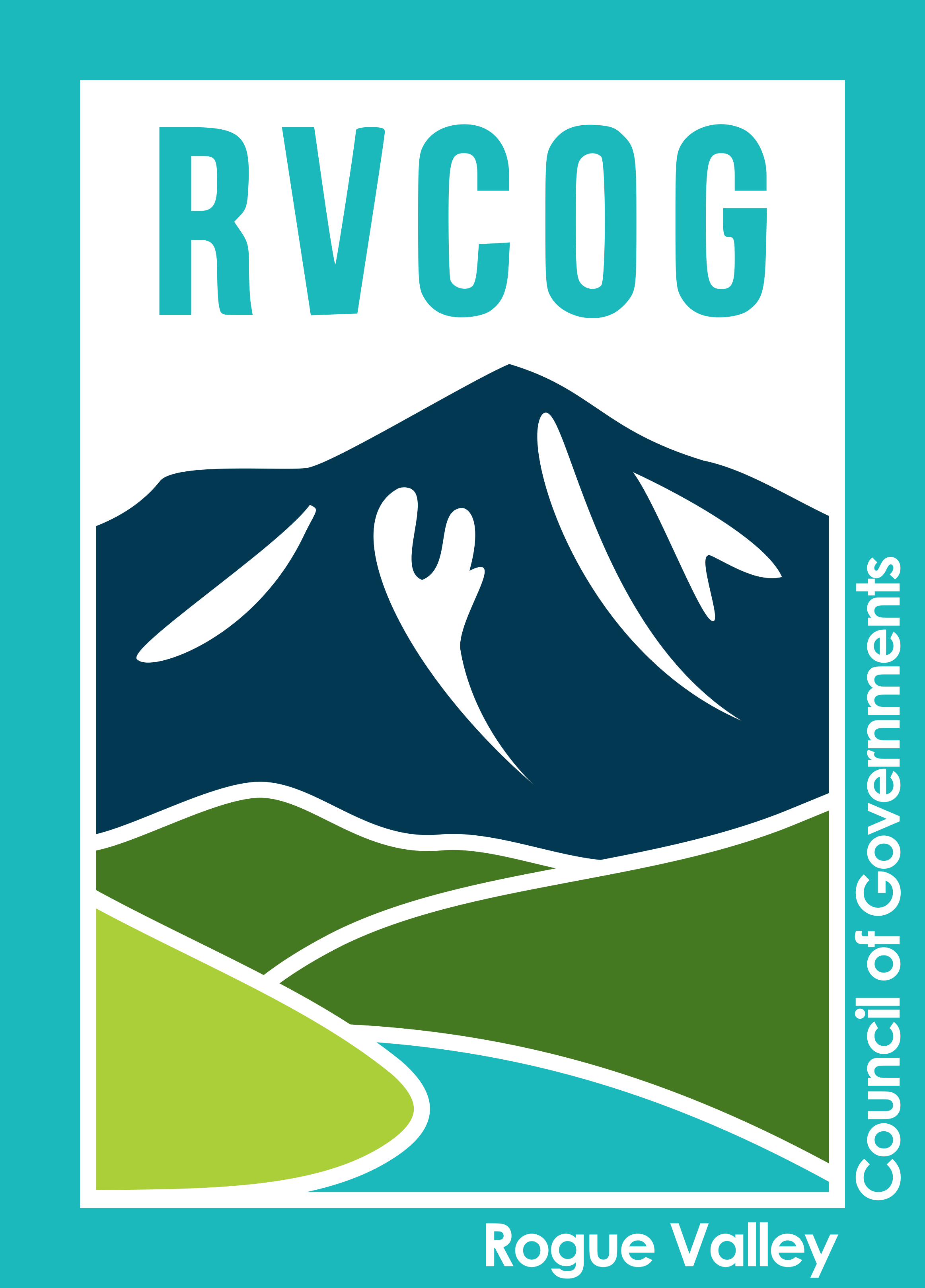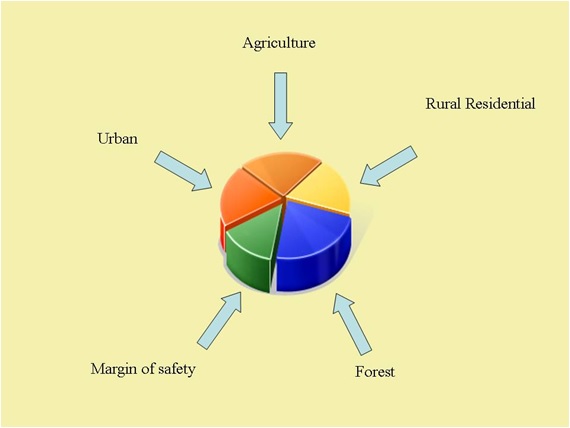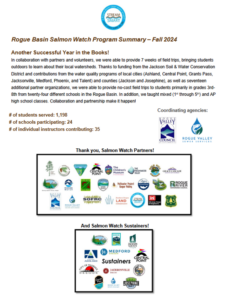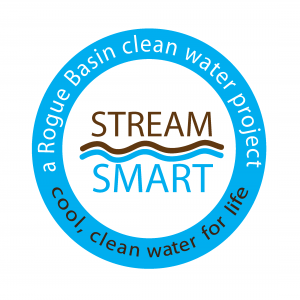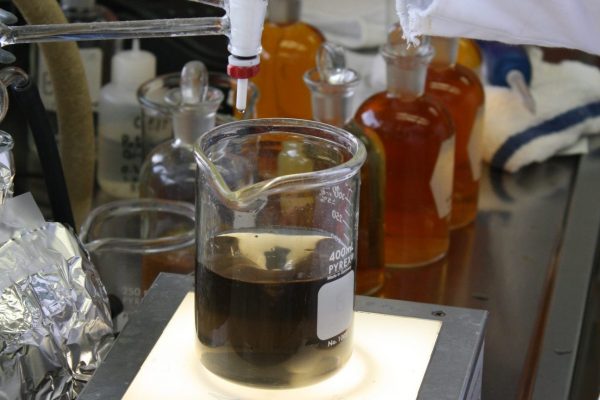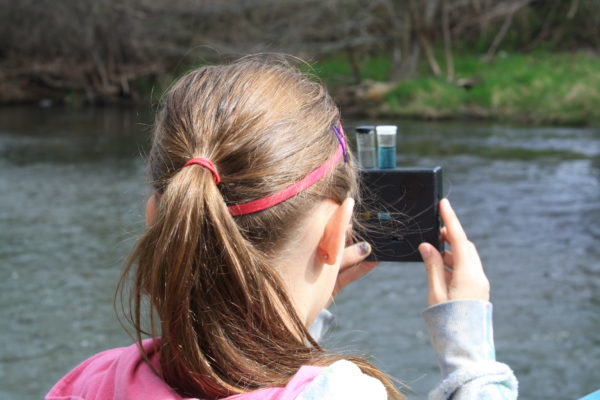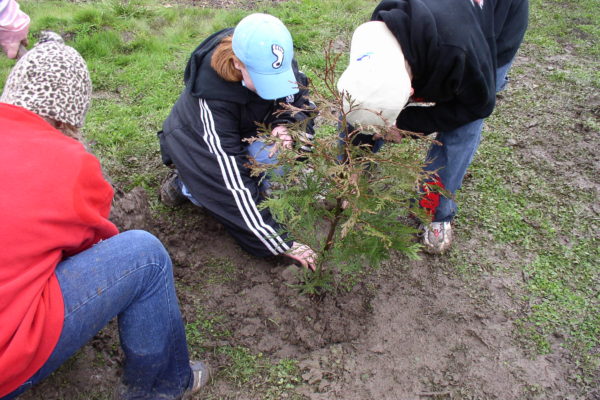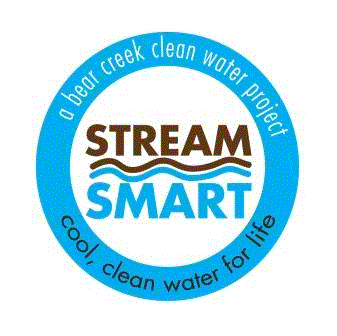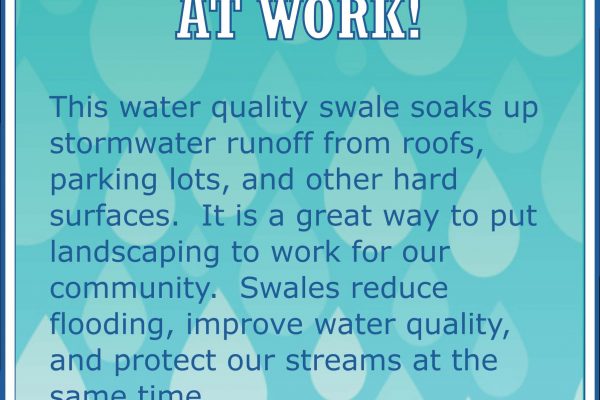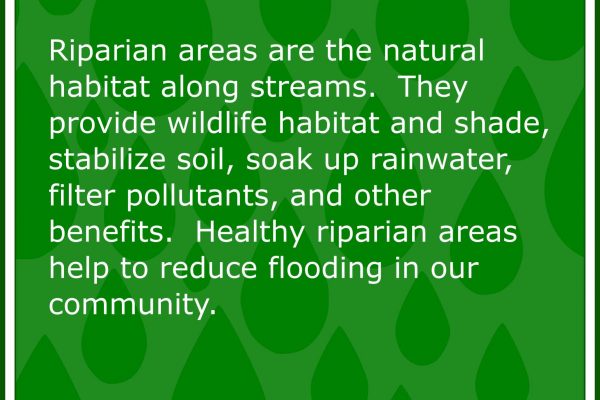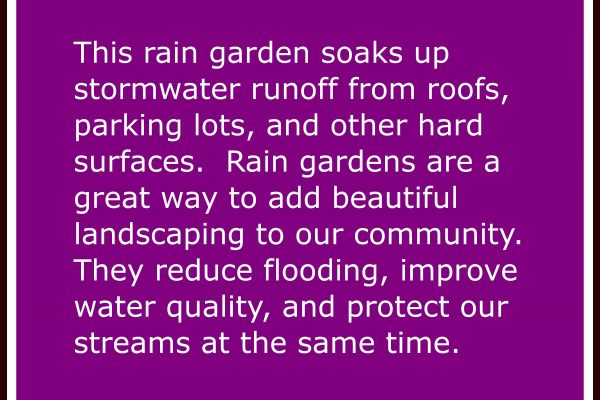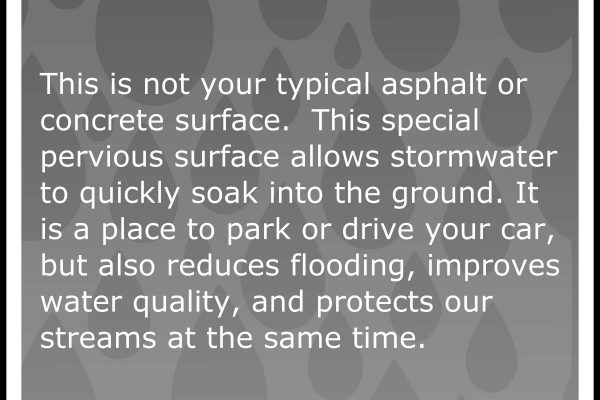Rogue Valley Council of Governments
RVCOG works on behalf on many local communities to implement local TMDL programs. Activities include water quality monitoring, education and outreach activities, riparian restoration, and other strategies to help improve water quality in local streams and rivers. The purpose of this page is to assist communities in TMDL reporting by summarizing activities that have been (or will be) completed for the Bear Creek TMDL program. Materials posted on this page may include schedules, maps, dates of events, copies of deliverables, photos, tracking forms, and other relevant materials. Please contact Greg Stabach for more information. In addition, comprehensive details on program implementation are included in the annual reports submitted to the Department of Environmental Quality in September. Copies of the annual regional activities report for recent year(s) are included as well.
